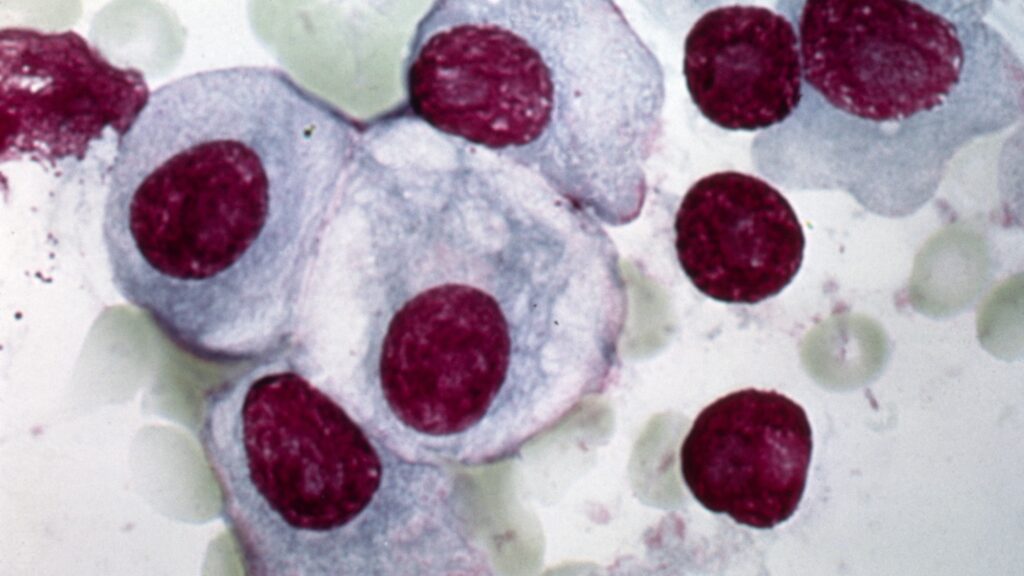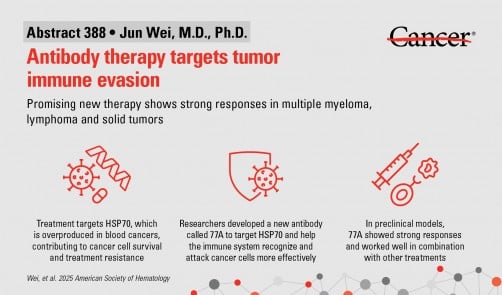A family from Redwood City, California, is grappling with unexpected medical bills totaling over $6,900 after their daughter participated in a research study intended to explore treatments for COVID-19. The situation has raised questions about the communication of costs associated with clinical trials.
In 2022, Maria Fraboni’s daughter tested positive for COVID-19. Following her diagnosis, she received an unsolicited call from Stanford Health Care’s Infusion Center, which invited her to take part in a study aimed at alleviating COVID symptoms and reducing long-term risks. The family was assured that the treatment, which involved three transfusions, would be provided at no cost.
Fraboni expressed her dismay when her daughter later received two bills from Stanford, amounting to more than $6,900. “My heart was just breaking… I mean it’s a good chunk of money!” Fraboni recalled. Efforts to resolve the issue with Stanford Health Care proved to be challenging. A patient relations manager informed her that the charges were her daughter’s responsibility due to her insurance deductible.
Fraboni was taken aback, stating, “That’s just not right! They contacted you first of all.” Furthermore, according to state law at the time of treatment, the COVID-19 treatment should have been fully covered by her health plan. The patient relations manager confirmed that the treatment should have been free and advised Fraboni to file a claim with Cigna, her health insurance provider.
After submitting the necessary paperwork to Cigna twice, Fraboni encountered a frustrating cycle of unanswered calls and emails. “I kept calling Cigna… I couldn’t get a live person,” she lamented. In the meantime, Fraboni’s daughter was pressured by a collection agency to pay a reduced bill of over $3,900 for the treatment, which she ultimately did to alleviate the immediate financial burden.
Cigna subsequently clarified that while California law mandated full coverage for COVID-19 testing and certain preventive services without cost-sharing as of April 2022, it did not extend to therapeutics like Veklury at that time. The company acknowledged that inaccuracies in communication about coverage may have occurred within clinical trial teams.
However, the California Department of Insurance contradicted this assertion, stating that health insurers regulated by the state were required to cover treatments related to COVID-19 at no cost to patients during that period. This discrepancy has left Fraboni disheartened, emphasizing, “For me it’s not about the money, it’s just the principle… her trying to do a nice thing that just turned into this nightmare.”
In response to inquiries, Stanford Health Care informed that their patient relations team is currently working towards refunding the amount paid by Fraboni’s daughter as a courtesy. A notification regarding the refund is expected to be sent within the next few weeks.
Cigna reiterated its commitment to assisting customers in confirming coverage details prior to treatment and encouraged individuals to utilize available customer service resources.
This situation highlights the broader issues surrounding communication and billing practices in clinical trials, particularly in the context of public health emergencies like the COVID-19 pandemic. As families navigate these complex healthcare landscapes, clear communication remains essential to preventing misunderstandings and financial burdens.







